Killing trees for conservation
Students help to improve biodiversity in Scotland forests
Canada's national and provincial wilderness playgrounds in southwest Alberta open the door to endless adventure — whether it's barrelling down a double black diamond ski run or taking a leisurely stroll to admire the flora and fauna — Alberta's parks are world-renowned travel destinations for a reason. A few are less than an hour's drive from Mount Royal's campus.
With such beauty bestowed upon our landscape, it's no wonder that when faculty and students look out at the mountain peaks, they feel the challenge to preserve them in their almost-untouched state and to learn the best way to do so.
This spring, eight students, accompanied by professor Dorothy Hill, PhD, and instructor Kathy Rettie, PhD, laced up their hiking boots and headed to Scotland to contrast and compare approaches to conservation. The Scotland Field School, open to all MRU degree students, is a combination of two General Education courses, and explores the comparison of the parks model in Canada to the parks model in Scotland. It offers students a first-hand look at conservation, sustainability and management while earning six credits towards the completion of their degree.
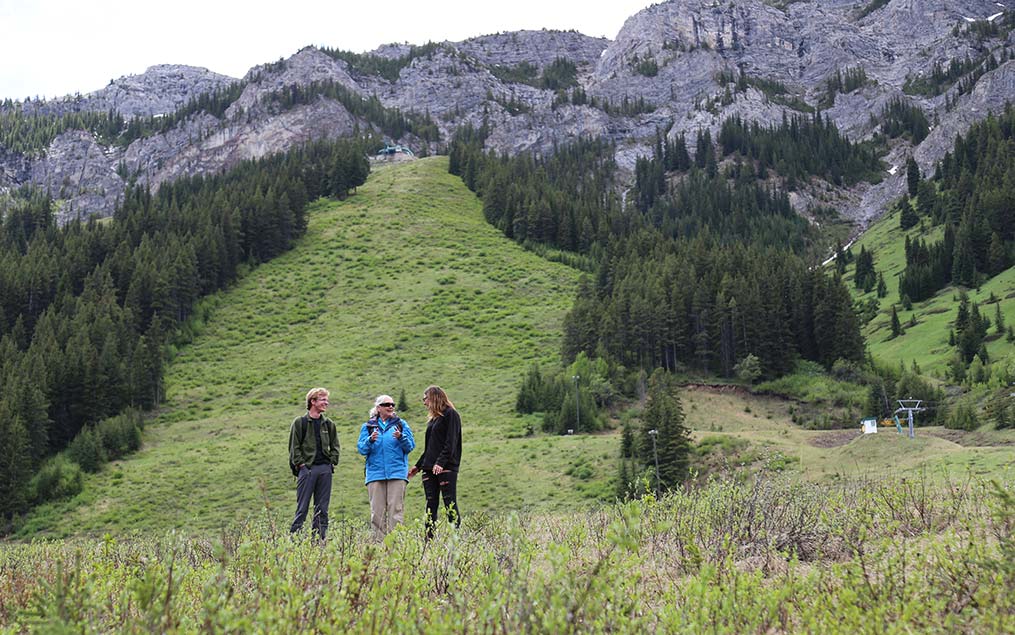
"I had never left Canada before and I wanted to see what was out there."
— Murdoch McKinnon
Watch the video "I had never left Canada before and I wanted to see what was out there," says Bachelor of Science — Environmental Science student and first-time international traveller Murdoch McKinnon. "I've learned that things have changed so much in just the last ten years. I want to be a part of the new ways of doing things in terms of conservation."
Scotland's Outdoor Access Code, which came into effect in 2005, is an example of an inventive approach where people can continue to access private land responsibly on foot, bicycle or horseback. Properties established as hunting estates in the Victorian era remain accessible to the public, ensuring the enjoyment of visitors and enhancing environmental protection.
According to Hill and Rettie, as Parks Canada works to establish new parks, especially in the north of the country, they are looking at co-management models with Indigenous Peoples living on the land. Scotland serves as a working example of residents and park managers combining their efforts to achieve mutually beneficial land management goals.
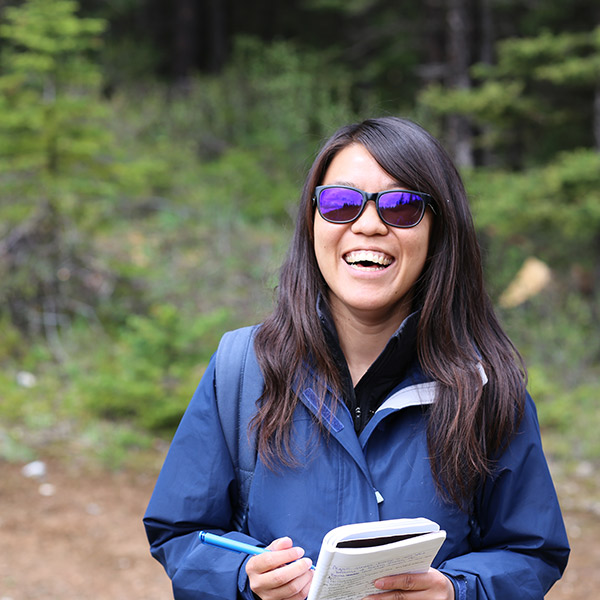
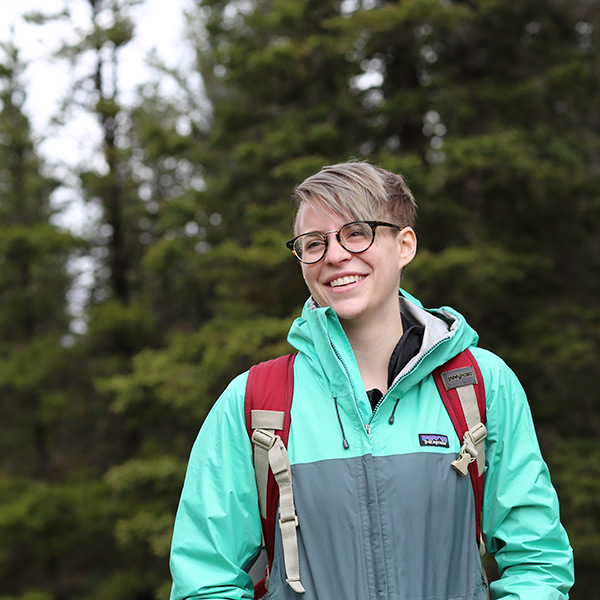
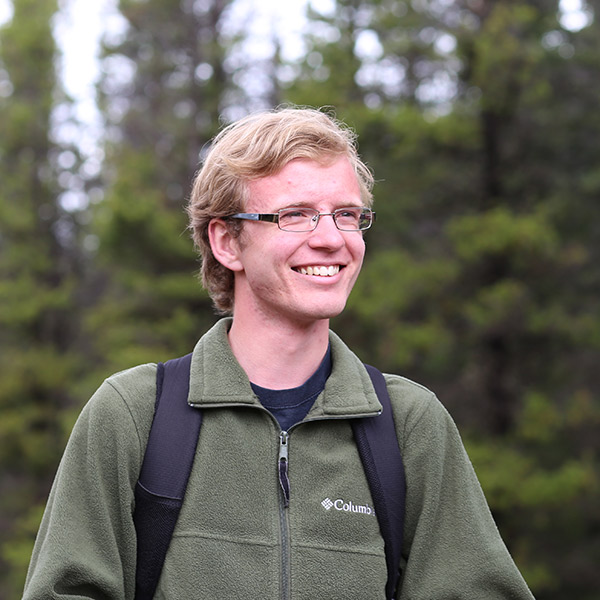
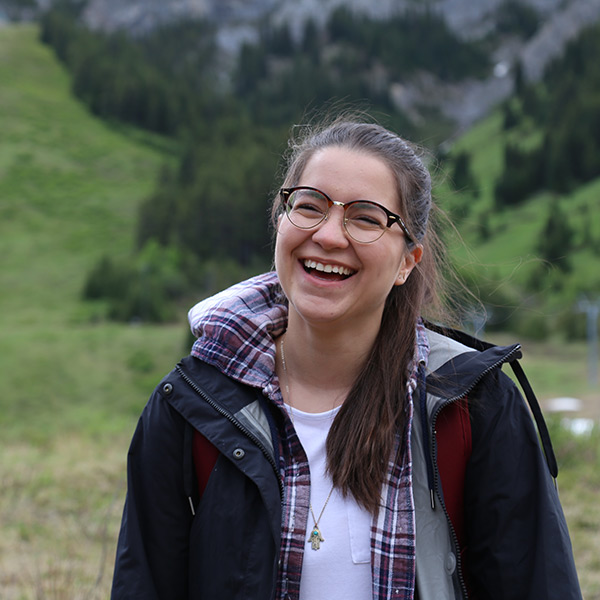
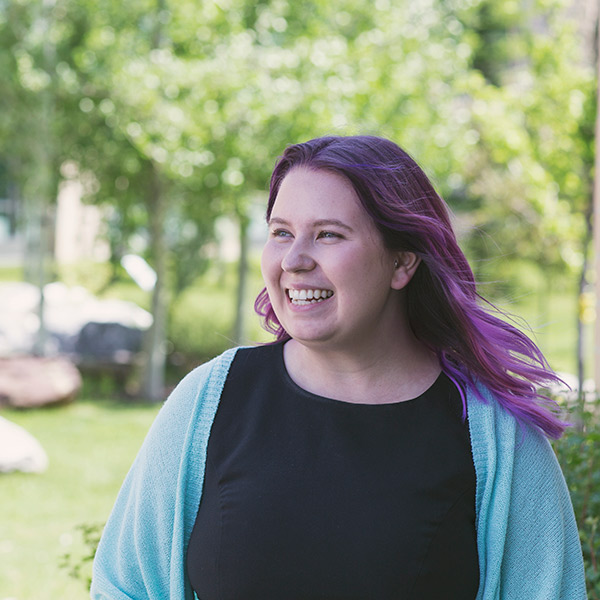
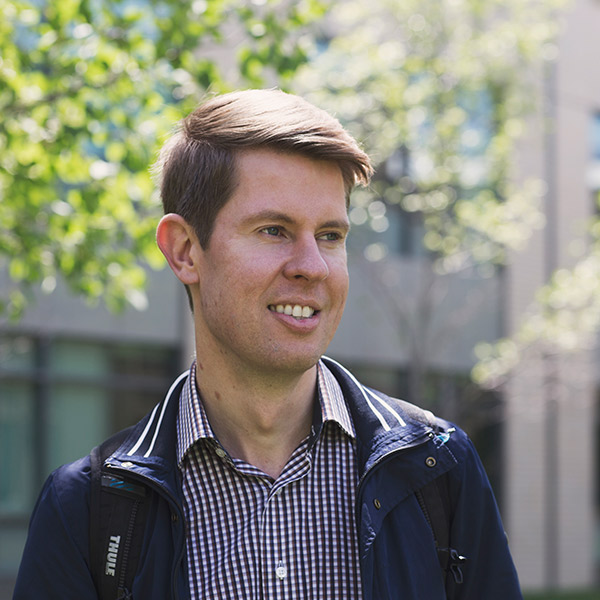
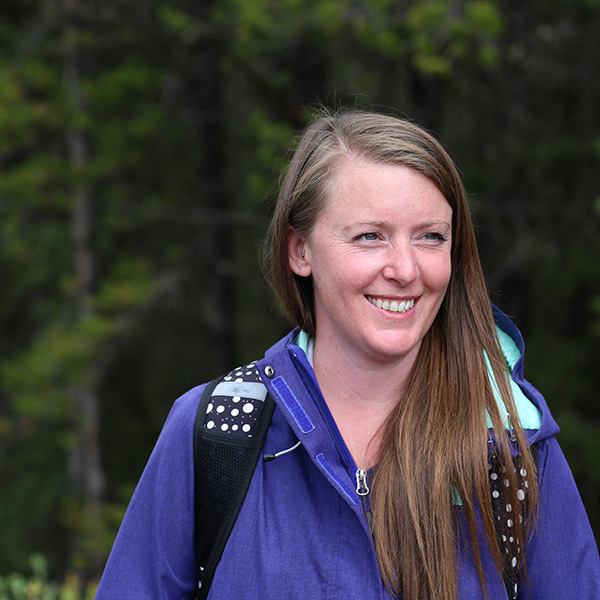
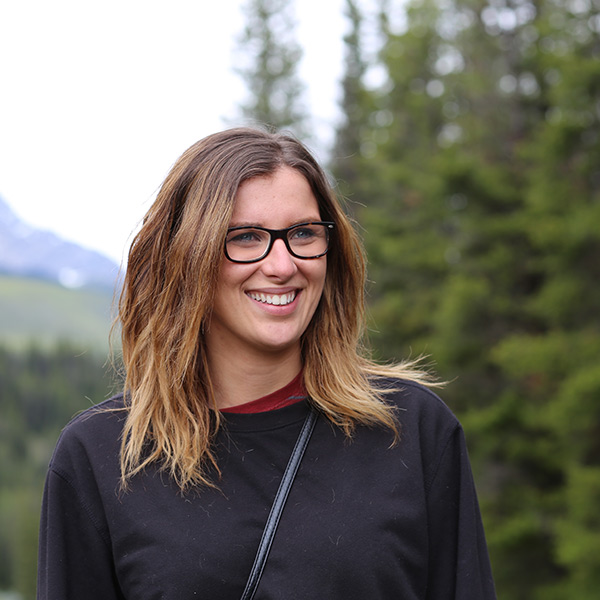
McKinnon and his fellow classmates came together from different programs — general science, policy studies, sociology and marketing — to understand the complex context of sustainability. Hill stresses that the intentional multidisciplinary nature of the field school is intended to bring diverse minds together to come up with creative approaches to environmental issues as more than just a science problem.
In and around Calgary, students explored Weaselhead Flats and Glenbow Ranch Park. Then, the group travelled to Scotland's St. Andrews University, Mar Lodge Estate, Aviemore, Forest Lodge, Atholl Estate and Edinburgh to investigate environmental, social and economic sustainability from local experts.
Where in the world can MRU take you?
Add "renew passport" to your back-to-school checklist. MRU has exchange agreements in 26 countries. Where will you go?
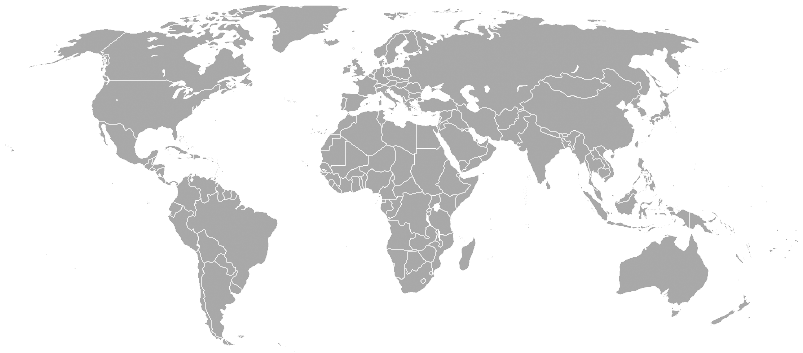
"We were especially interested in Cairngorms National Park in Scotland because it has a triple mandate for sustainability," says Hill. "They consider sustainable environment, economy and communities, whereas Canadian parks typically only have a mandate of sustainable environment."
"It's so much more than learning about climate change," says Monica Mogollon, Bachelor of Business Administration — Marketing student and field school participant. "It's learning about the importance of building relationships."
While in Scotland, students had the opportunity to assist local landowners in reclamation efforts using a technique called "ringbarking". By removing the bark in a ring around the tree, it eventually dies and falls over to mimic a natural forest cycle, encouraging new life and ecological diversity. Essentially, killing trees for conservation. This process is a catalyst for returning lost biodiversity to Scottish parks, something Canadians often take for granted.
"They're trying to replicate what we still have naturally here in Canada," says Hill.
Upon return, they visited Banff National Park to learn more about park management, recreation and tourism — their benefits, and, of course, their challenges. Modern parks need to ensure stability for the environment and their visitors.
McKinnon has learned that we can learn a lot from one another in finding the right balance.
"We learned about the social aspects, how people fit into the equation, and we need to consider all these elements of sustainability for a future focused towards global conservation," he says.
Hill agrees it's about the big picture — something that's hard to see from isolated corners of the world or specific disciplines. She says that international experiences are very impactful on students and that every student should have the chance to chase their passions and spread their wings.
"We wanted students to be able to cobble it all together," she says.
This big-picture view is one of the major benefits of international experiences.
This field school is possible because of industry-connected professors Hill and Rettie. Partial funding was provided by MRU's Institute for Environmental Sustainability.
"Their passion is contagious," says McKinnon, who hopes to do more travelling and continue conservation work throughout his degree and after graduation.

